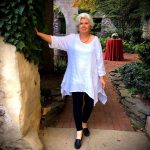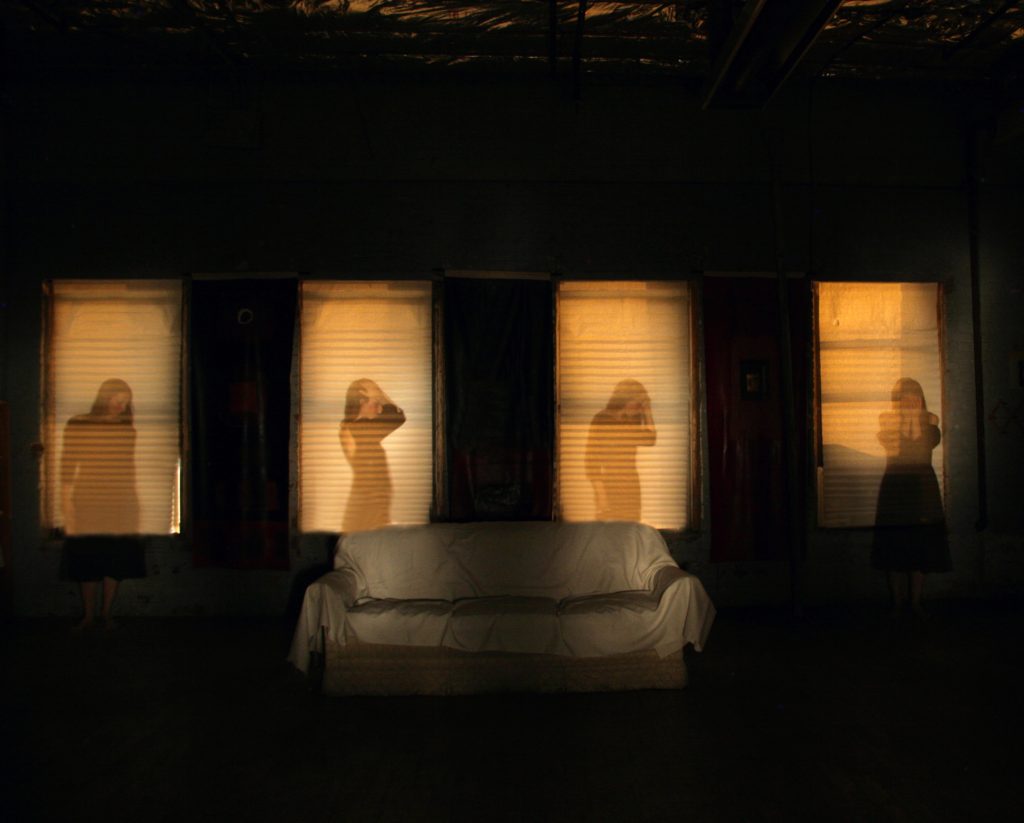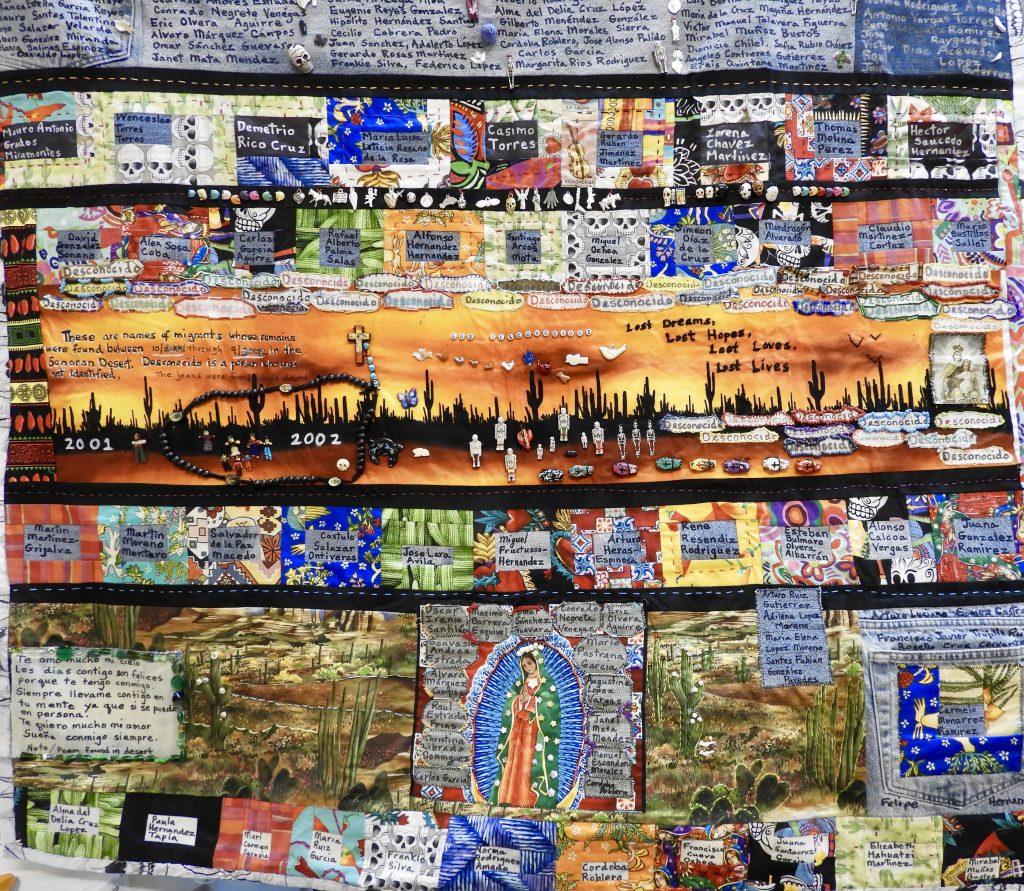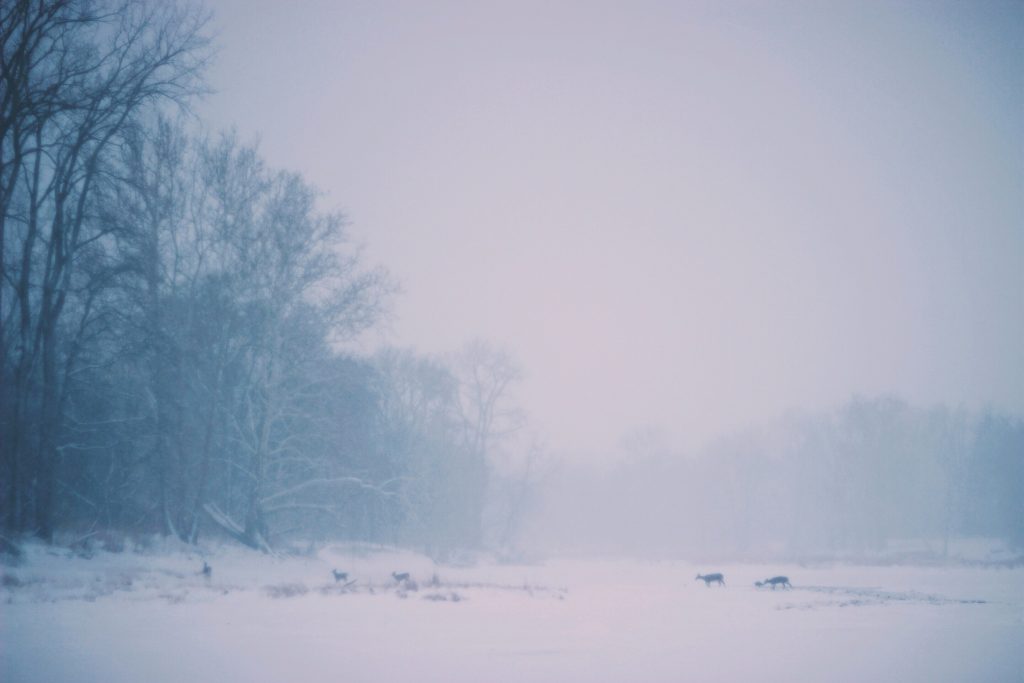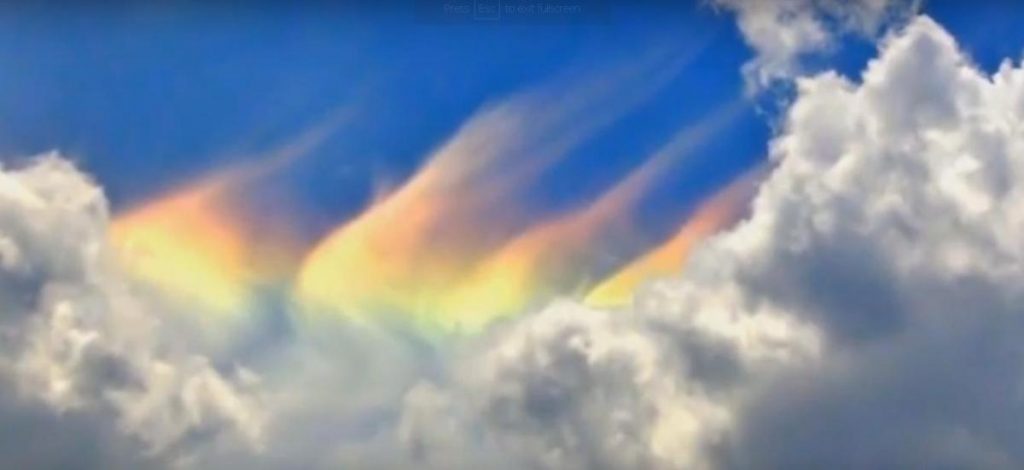A Story Still Unfolding
“Life can only be understood backwards; but it must be lived forwards.” ― Søren Kierkegaard
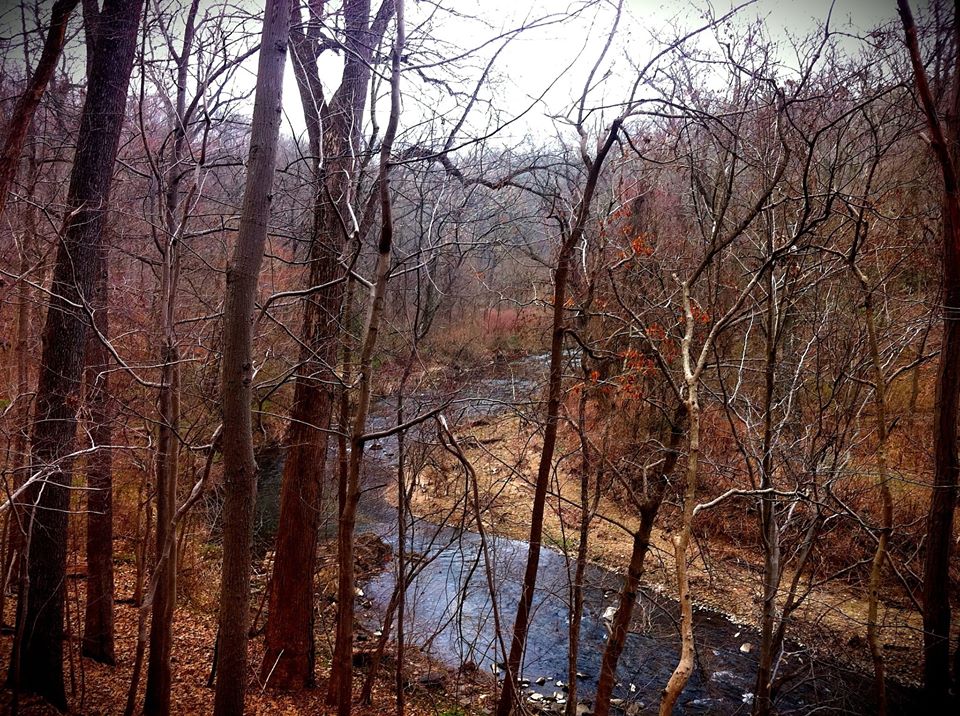 The creek behind my house seldom freezes. Her flowing waters can be seen from my back porch this time of year through the naked trees. Ridley Creek’s source is about 15 miles upstream from here and she pours out into the tidal Delaware River about 15 miles southeast. Yet, her journey is much longer than mere miles, for she has been a cloud, the tears of a child, and a rainstorm in some of her previous lives and her future is a story still unfolding.
The creek behind my house seldom freezes. Her flowing waters can be seen from my back porch this time of year through the naked trees. Ridley Creek’s source is about 15 miles upstream from here and she pours out into the tidal Delaware River about 15 miles southeast. Yet, her journey is much longer than mere miles, for she has been a cloud, the tears of a child, and a rainstorm in some of her previous lives and her future is a story still unfolding.
Likewise, here we are at a singular moment. If we could freeze the river of Time, we might skate ahead and learn our fate. We can’t. However, we do know that in this moment the future and past are also present. We hold the past and future within us. Upstream…downstream. Therefore, we can’t explore the theme of our winter edition, Possible Futures, without looking deeply at the past.
I asked author Jeremy Lent, who has spent a lot of time studying human civilizations, where we lost our way as a species that shares. His insights bear reflection if we want to understand where our present trajectory may take us. Read our conversation in The Next Civilization.
We also look back to look forward at the works of Thomas Berry and Rudolf Steiner. The Rights of Nature movement, that Berry so strongly endorsed, is informing new perspectives about our living Earth, and Steiner’s ‘biodynamic agriculture’, among other economic insights, are amazingly fresh today with regenerative culture on the rise. Rob Hopkins, a cofounder of the global Transition Town movement, looks back at how his community transformed Totnes in the UK, to become a model for current and future transitioners worldwide. The fundamental ingredient is imagination, he says, as we move from What Is to What If.
Personal tragedy also shapes our perspective on the future and there are important, albeit painful, insights to be gained when sorrow strikes close to home. What does it mean when all possibility of ‘a future’ seemingly ends? Kosmos contributor Michael Gray courageously expresses the grief of losing his son to suicide last spring. And our dear poet-friend, Lee McCormack, receives a terminal diagnosis with inspiring grace and strength. How do we live into such experiences of finality? The Unexpected Journey of Caring, by Donna Thomson and Zachary White, offers some transformational guidance.
There is much more to share—wonderful galleries of art by Aboriginal artists and by Flemish-Congolese artist/activist Kito Mbiango, and music from prisons, Pros and Cons, a social justice program founded by Hugh Christopher Brown. Kosmos music editor Kari Auerbach has also assembled a sacred season gift for all of us—a collection of inspiring recordings from her two years with Kosmos. Play it here, while you enjoy this edition.
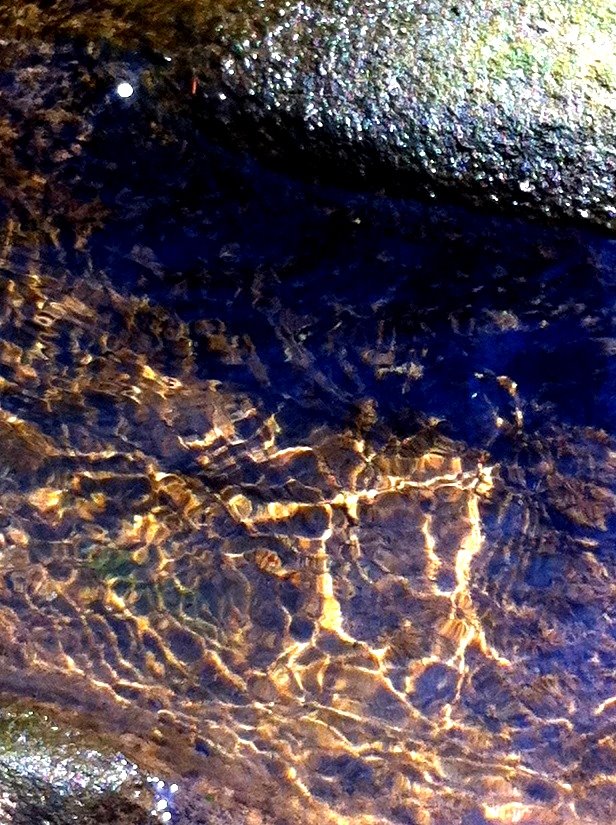 A strong current of hope runs through thoughtful essays by our readers, and a spotlight on Global Social Witnessing, our capacity to mindfully attend to global events with an embodied awareness. Or as Otto Scharmer says, “collapsing the boundary between me and the other more and more. And really putting myself into the service and support of the evolution of another and the evolution of the collective.”
A strong current of hope runs through thoughtful essays by our readers, and a spotlight on Global Social Witnessing, our capacity to mindfully attend to global events with an embodied awareness. Or as Otto Scharmer says, “collapsing the boundary between me and the other more and more. And really putting myself into the service and support of the evolution of another and the evolution of the collective.”
Putting ourselves into service—like the creek behind my house which supplies 40,000 of my neighbors with about two and a half million gallons of clean drinking water per day. This spiritual quality of givingness is not separate from the creek’s physical existence, and yet it is transcendent. We, too, are this way. The phenomenon of human existence on planet Earth may be imperiled, yet our journey is much longer than mere miles. We are Spirit manifest in a web of Life and meaning, and our future is a story still unfolding.
Enjoy this edition. We have ambitious plans for 2020, and we are so happy to share the journey with you.
In Loving Service,
Rhonda Fabian
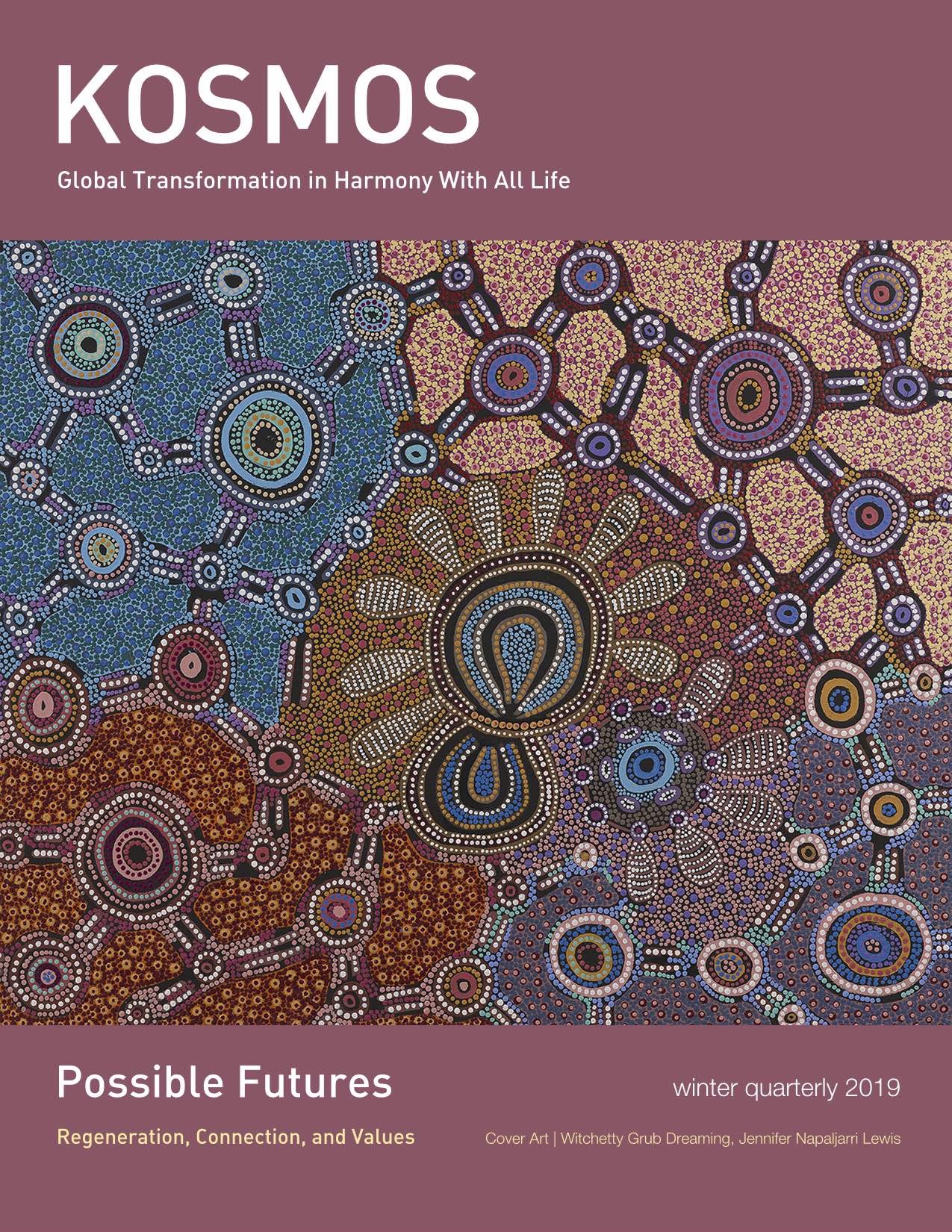 About Our Cover | ‘Witchetty Grub Dreaming’
About Our Cover | ‘Witchetty Grub Dreaming’
Jennifer Napaljarri Lewis has been painting with Warlukurlangu Artists Aboriginal Corporation in Yuendumu, a remote Aboriginal community 290 km north-west of Alice Springs, since 2009. Jennifer belongs to the Pitjantjatjara people and her traditional land is Mutitjula at the eastern end of Uluru. She has a close connection with the Mutitjula Community and it was there that her family taught her to paint. She loves painting and uses an unrestricted palette with traditional patterns and design integrated with a modern individualistic style to depict her traditional Jukurrpa stories. To see more of Jennifer’s work or to contact her, go to warlu.com.


